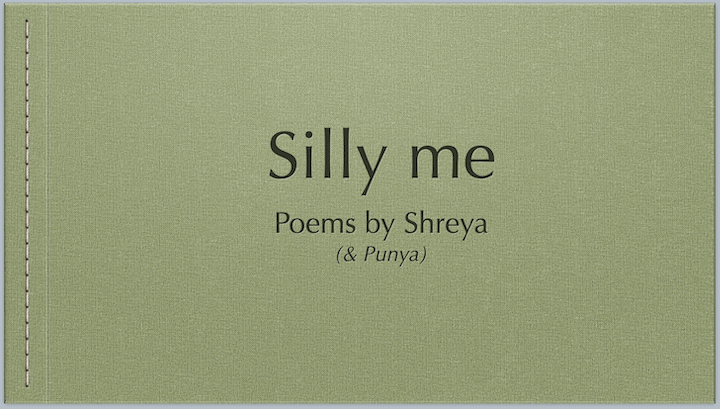We have all heard the statement that “less is more” and in many instances that may actually be true. Good design, for instance, often is based on the KISS principle, which, come to think of it, maybe an example of Less is More. That said, there may be situations where more may be more. Wes Fryer has a great post on those of us who want to inspire creativity: Want to Inspire Creativity? Invite LOTS of Opportunities to CREATE.
It must say though that this idea of more from more will not necessarily work in most contexts. If it is busy-work we are talking about, more often just means more boredom. Think of the task the teacher had assigned in the quote that Wes provides, it was an open-ended creative task, one with fuzzy definitions about what “quality work” meant. It is here that just creating (and unconsciously learning from experience) allows students to learn, in a risk free way. Failure is not a problem, it is just a step along the way. Failure is an option.
How does it connect to Gladwell’s idea of 10,000 hours of effort to become an expert and the movement from incompetence to mastery? What does it mean for what you do in your classes, and the assignments you give your students? What does this mean for me as an instructor preparing to teach MAET courses this summer?



0 Comments